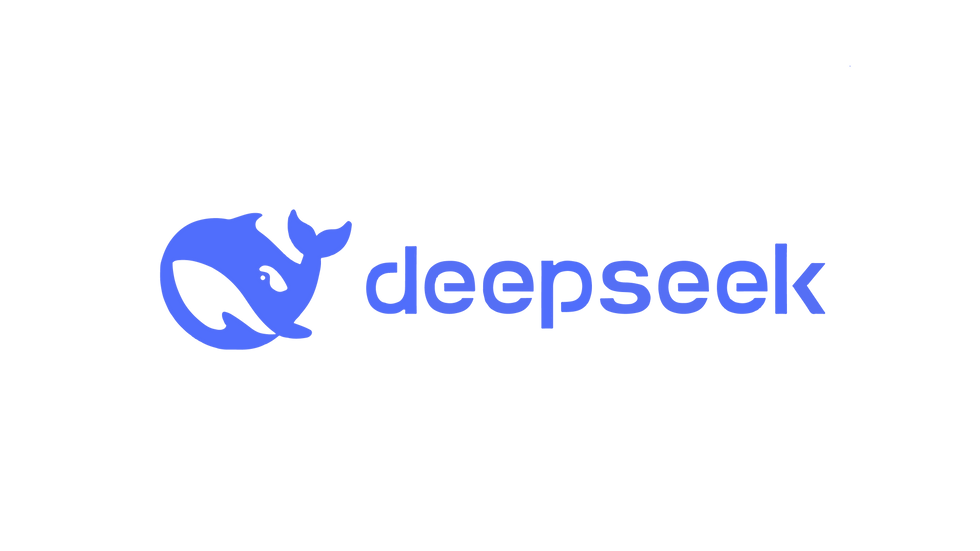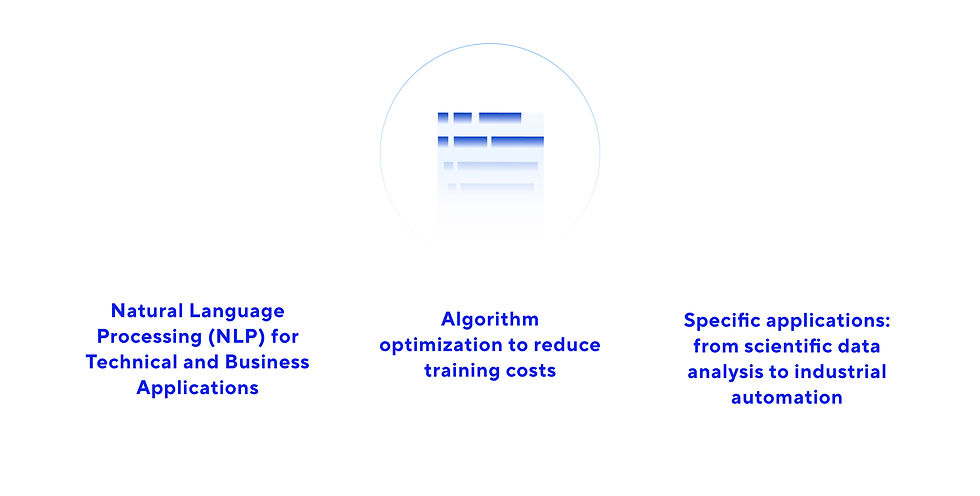DeepSeek: The Silent AI Revolution Challenging the West
- Fernando Cano

- Jan 30
- 3 min read
In a world dominated by giants like OpenAI, Google and Meta, a Chinese artificial intelligence company called DeepSeek has burst into the scene with unexpected force...
Shaking not only the tech industry, but also global financial markets.
What makes it so special?
Why is the West concerned about its rise?
Here we explore the phenomenon, its implications
and the reasons behind its revolutionary impact.

What is DeepSeek?
DeepSeek is a Chinese-founded AI company focused on developing efficient, scalable, and low-cost artificial intelligence models. Unlike its Western competitors, which prioritize massive models like GPT-4 or Gemini, DeepSeek has taken a pragmatic approach: creating systems that deliver similar or superior results, but with a fraction of the computational and financial resources.
Its technology focuses on areas such as:

Why did it shock the world?
DeepSeek’s announcement in April 2024 of its DeepSeek-R1 model (unrelated to the Rabbit R1) was a technological earthquake. According to the company, this model achieves performance comparable to OpenAI’s GPT-4, but with 90% lower training costs and reduced energy consumption. In addition, it promised to license its technology at low cost, democratising access to advanced AI.
The reactions were not long in coming:
Financial markets on alert
Shares of companies such as NVIDIA (a supplier of AI chips) fell 5% due to the possibility that demand for hardware could decrease.
Western AI startups saw their valuations decline as investors turned their attention to Asia.
Geopolitics of AI
The United States and the EU have expressed concern about China's progress in a technology considered strategic.
DeepSeek has received open backing from the Chinese government, which included it on its list of "national priority projects."
Ethical debates
What will happen if China leads global AI? Will these models be used for social control or military applications?
Deep Seek's greatest qualities
Radical efficiency | Scalability in niches | Open-source philosophy: | Speed of implementation: | Disruptive costs: |
Their models use innovative data compression and selective training techniques, avoiding the "waste" of resources typical of systems like ChatGPT. | It does not seek to be a "jack of all trades," but rather to specialize in sectors where the West has weaknesses: logistics, advanced manufacturing and climate analysis. | Unlike OpenAI (whose models are closed), DeepSeek has released parts of its code, allowing universities and small companies to adapt its technology. | While ChatGPT takes seconds to respond, DeepSeek-R1 processes complex queries in milliseconds, ideal for real-time applications. | It offers AI services at prices up to 10 times lower than its competitors, attracting companies from developing countries. |
DeepSeek's success is not just technological, but geopolitical.
These are the biggest concerns:
Technological dependence
If DeepSeek sets the standard for efficient AI, the West could be left behind in key sectors such as healthcare, defense or finance.
National security
Chinese AI could be integrated into critical infrastructure in countries allied to China, facilitating access to sensitive data.
Ethics and regulation
DeepSeek operates under Chinese rules, where state control and censorship are priorities. Will its models be used for surveillance or manipulation?
Economic impact
Western companies could be forced to cut prices, affecting their profitability. There are already cases of European startups migrating to DeepSeek's platform due to costs.
AI arms race
The Pentagon has warned that models such as DeepSeek-R1 could optimize autonomous drones or cyberattacks, giving strategic advantages to China.
Conclusion: A new world order in AI
DeepSeek is not just another AI company: it is a symbol of the shift in technological power towards China. Its combination of efficiency, low cost and state support make it a formidable rival to the West, but it also raises ethical and strategic dilemmas.
As Silicon Valley debates how to respond, one thing is clear: the era of Western AI hegemony is over. The question now is whether the world will be prepared for the consequences.




Comments